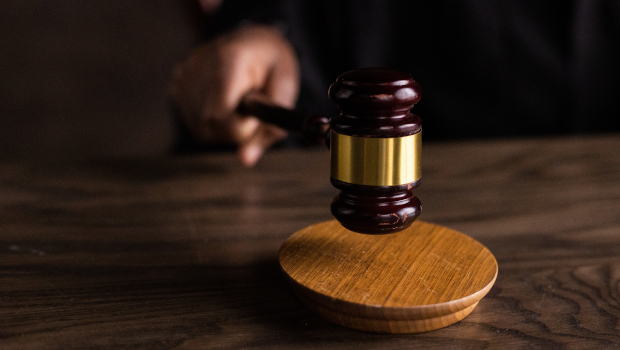
No prizes for guessing how Autonomy scandal will play out
Where were you in August 2011? Can you remember? Can you recall anything about that month at all? Probably not. Let me refresh your memory by pointing to some of the biggest events in that month: Libyan leader Muammar al-Gaddafi was overthrown and Steve Jobs resigned as CEO of Apple to be replaced by Tim Cook.
Oh, and Hewlett-Packard announced it was buying a UK software company called Autonomy for $11.6 billion – and planning to dispose of its Personal System Group PC business.
Then HP CEO Leo Apotheker stated: “We believe the acquisition of Autonomy, combined with the exploration of alternatives for PSG, would allow HP to more effectively compete and better execute its focused strategy.”
At the time, one analyst greeted the news by commenting that “HP has been struggling for years with how to shift into software. Buying Autonomy would give it a new direction for software with strong clients, strong software, and a strong position in the market.”
It certainly gave HP a new direction and a shift to something, but not necessarily software.
Six months after the acquisition, Autonomy CEO Mike Lynch left HP after a significant drop in revenue. In November 2012, HP announced it was taking a $8.8 billion accounting charge, claiming “serious accounting improprieties” and “outright misrepresentations” at Autonomy. It’s safe to say that everything went downhill from there.
The end result, after all the legal wrangling and court cases, was that HP won a court case against Lynch and Autonomy’s former chief financial officer, Sushovan Hussain, in 2022 in the UK. The trial was one of the longest and most expensive in UK history and HP’s victory was tempered by the High Court judge noting that any damages would be significantly less than the $5 billion HP had claimed.
By the way, when I wrote “the end result”, I wasn’t being entirely accurate which is why we were treated to the latest instalment in this long-running saga on 13 February, adding extra spice to the spectacular fallout from the failed partnership by emerging the day before Valentine’s Day.
HP argued that the company was entitled to $4 billion. “The fraud was consistent and clear: to inflate Autonomy’s ostensible software revenues,” said HP’s lawyer Conall Patton. Currently in the US awaiting trial on criminal charges arising from the deal, which could significantly affect his own autonomy, having been extradited in 2023, Lynch disputed HP’s claim through his lawyers.
Is there more to come? Of course there is. There’s the small (or very big) matter of how much HP will be awarded and there’s also the issue of what will happen to Lynch when his case comes to trial in the US. As the old saying goes: “This story will run and run.”
At this point in the story, it is perhaps worthwhile delving into the philosophy of modern life according to Abba, as a possible guide to what is going on and how things are likely to develop.
According to the legendary Swedish combo, the winner takes it all and the loser has to fall. Clearly, that’s not entirely accurate in this case as the high court judge has already ruled HP cannot take all that it has asked for. The fall of the loser in this story, Lynch, is likely to be dependent on the verdict in the US criminal case. So, it’s fair to say that both statements by Abba are subject to some level of qualification.
And contrary to the sentiments expressed so beautifully by Agnetha Fältskog, it’s far from simple and plain and there have been quite a few complaints. On a side note, this is not confined to HP and Lynch. Take a look at the Republican Party’s current leading candidate for US president who has spent the past three years behaving in a manner completely contrary to the spirit of the Abba song. Will he meet his Waterloo this November?
As for Lynch and HP, it will all come down to money, money, money in the end but I can’t help wondering if the company wishes it could go back in time to August 2011, back to the day before Lynch came.







Subscribers 0
Fans 0
Followers 0
Followers